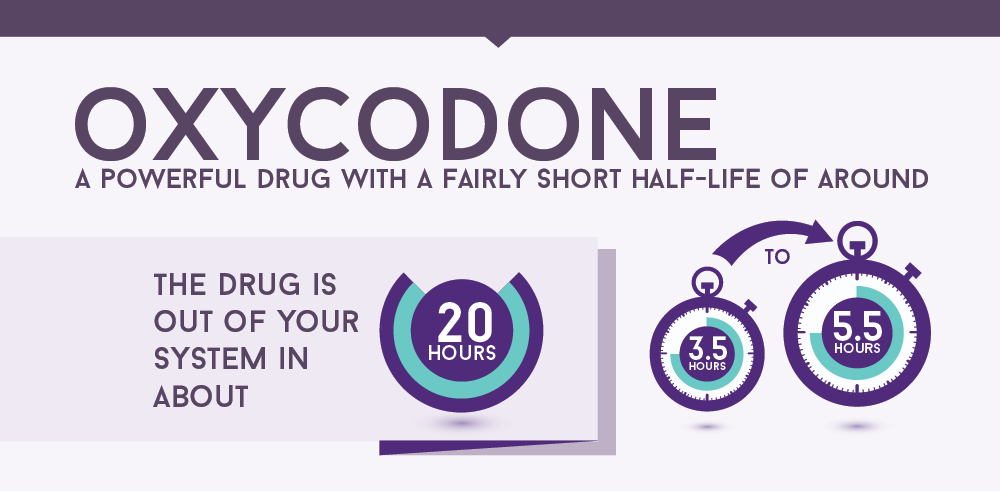Location
Our Seattle Location
Northpoint Seattle’s outpatient treatment program is located in beautiful Seattle, Washington, and we work to help the surrounding communities.
- Seattle
2111 N Northgate Way Suite 101,
Seattle, WA 98133, United States
American doctors are beginning to cut back on the number of opioid prescriptions they write as the ongoing opioid abuse epidemic continues. Opioids like oxycodone have an extremely high risk of abuse and addiction, with many people who receive a prescription eventually becoming dependent on it. After falling into the cycle of addiction, it can be intimidating and even dangerous to quit taking the medication alone. It is critical to know how long oxycodone stays in the body when stopping.
If you or a loved one struggle with oxycodone abuse, there is no better time than now to start on the road to recovery. Call us at [Direct] today to begin our oxycodone addiction treatment program.

A potent opioid medication, oxycodone may be one of the most well-known prescription pain killers. Physicians often only resort to prescribing it to treat severe pain since the risk of drug abuse and dependence is so high. Doctors typically prescribe oxycodone to treat pain caused by:
Like other opioids, oxycodone creates a strong sedating effect, offering immense pain relief. Many people who receive a prescription for the drug want to experience that feeling more and may begin to abuse their medication.

The length of time oxycodone stays in the system depends on several factors. In general, the effects of oxycodone peak within three hours after taking it and can last for up to six hours. However, how long oxycodone stays in your system also depends on:
People who abuse oxycodone may take the drug more frequently or in higher doses than prescribed, which can cause the medication to stay in their system for a more extended period.
There are a few different ways that doctors can test for oxycodone use. The most common method is a urine test, which can detect oxycodone for up to four days after the last dose.
Blood tests and hair follicle tests can also detect oxycodone in the system, though they are not as common. Blood tests can detect oxycodone for up to 24 hours after the last dose, while hair follicle tests can detect the drug for up to 90 days.
If you suspect that someone you love is abusing oxycodone, there are a few signs and symptoms to look out for. These may include:
If you notice any of these signs, it is important to reach out for help. Oxycodone addiction is a serious problem that can have devastating consequences.
If you or someone you love is struggling with oxycodone abuse, NorthPoint Recovery is here to help. Our oxycodone addiction treatment program offers a comprehensive approach to recovery that addresses the physical, psychological, and social effects of addiction. Some of the evidence-based treatment modalities we offer include:
In addition to these traditional methods, we also offer holistic therapies like yoga and meditation that can help you develop a healthy mind-body connection.
We understand that no two people are the same, so we tailor our treatment programs to fit the unique needs of each individual. No matter your situation, we will create a plan that can help you achieve lasting recovery.
If you are ready to take the first step on your journey, call us at [Direct] today.

Our admissions coordinators are here to help you get started with treatment the right way. They'll verify your health insurance, help set up travel arrangements, and make sure your transition into treatment is smooth and hassle-free.
[DirectNumber] Contact Us